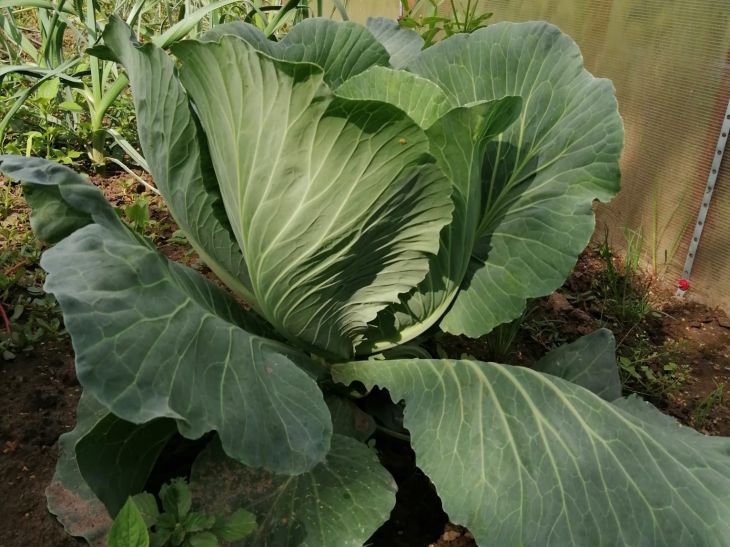Cabbage is considered one of the most useful and affordable vegetables that can be grown in the garden.
It is useful in almost any form, but the most popular way of its preparation is sourdough. In its fresh form, it remains a valuable source of vitamins and nutrients.
Why you need to eat cabbage
Firstly, cabbage is good for the health of the stomach and duodenum. Methylmethionine, which is part of cabbage, is responsible for this property.

Secondly, cabbage contains a rather rare, but essential for health vitamin K.
The level of vitamin determines how well wounds, scratches and cuts heal, and also how well bleeding stops.
Thirdly, cabbage is a source of calcium, potassium, phosphorus and magnesium.
Fourthly, cabbage is a source of vitamin C and after fermentation its content does not decrease.
Fifth, the vegetable contains beta-carotene, and it is especially abundant in the outer dark green leaves of cabbage.
Beta-carotene is converted in the body into vitamin A, which improves vision.
Sixth, cabbage contains folic acid, which makes it especially useful for pregnant women.
And finally, thanks to the potassium contained in cabbage, the vegetable lowers blood pressure, protecting against hypertension.
